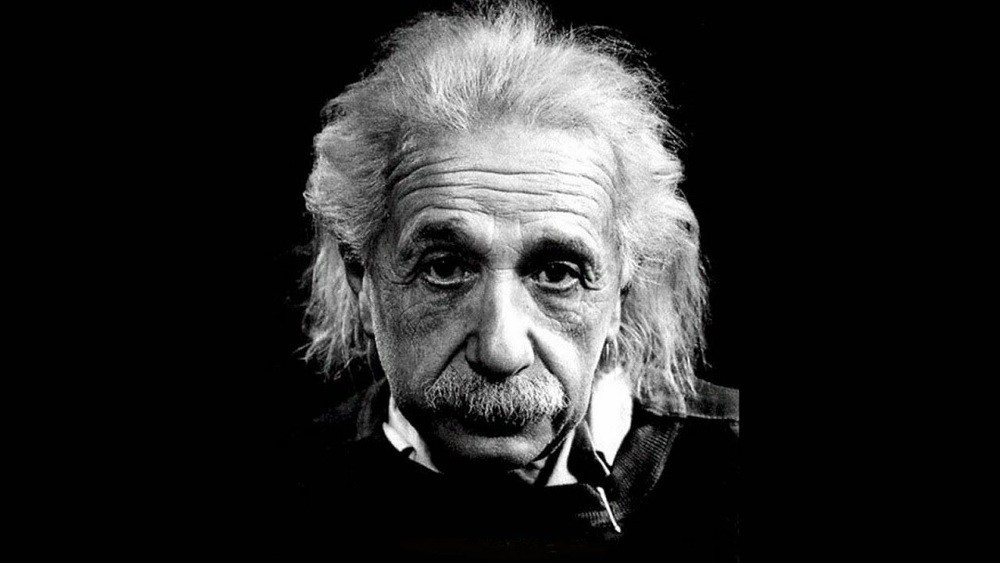Online Etymology Dictionary
This is a map of the wheel-ruts of modern English. Etymologies are not definitions; they're explanations of what our words meant and how they sounded 600 or 2,000 years ago.
The dates beside a word indicate the earliest year for which there is a surviving written record of that word (in English, unless otherwise indicated). This should be taken as approximate, especially before about 1700, since a word may have been used in conversation for hundreds of years before it turns up in a manuscript that has had the good fortune to survive the centuries.
- Before we even begin, let’s take a step back and ask ourselves what we even mean when we say history. Well, according to the dictionary definition, history is the study of past events, more specifically connected to human affairs. Academically, history is an umbrella term that encompasses so many different fields of study.
- History Search is your desktop search online. Keeping important articles, documents and other webpages at your finger tips.
The basic sources of this work are Weekley's 'An Etymological Dictionary of Modern English,' Klein's 'A Comprehensive Etymological Dictionary of the English Language,' 'Oxford English Dictionary' (second edition), 'Barnhart Dictionary of Etymology,' Holthausen's 'Etymologisches Wörterbuch der Englischen Sprache,' and Kipfer and Chapman's 'Dictionary of American Slang.'A full list of print sources used in this compilation can be found here.
The history of the United States started with the arrival of Native Americans in North America around 15,000 BC.Numerous indigenous cultures formed, and many disappeared in the 1500s. The arrival of Christopher Columbus in 1492 started the European colonization of the Americas.Most colonies were formed after 1600, and the early records and writings of John. From the powerful civilizations of Egypt, Mesopotamia, and Indus Valley, to the fearsome yet sophisticated society of the Vikings, the ancient world was a surprising and challenging place. Here we feature some of the most seminal and influential events and people throughout history, that have helped shape the world we know today. Historiography - Historiography - Branches of history: Histories have been written about architecture, sculpture, painting, music, dance, theatre, motion pictures, television, and literature. Despite essential differences, these forms of historiography have some common features. One is that they are almost invariably produced outside history departments and faculties. For this reason they have.
Since this dictionary went up, it has benefited from the suggestions of dozens of people I have never met, from around the world. Tremendous thanks and appreciation to all of you.

The new browser recommended by Microsoft is here
Get speed, security, and privacy with the new Microsoft Edge .
Your browsing history is the info that Internet Explorer stores on a PC as you surf the web. To help improve your experience, this includes info you've entered into forms, passwords, and sites you've visited. However, if you're using a shared or public PC, you may not want Internet Explorer to save your history.
View your browsing history and delete specific sites
By viewing your browsing history, you can choose to delete specific sites, or return to a webpage that you've already visited.
In Internet Explorer, select the Favorites button.
Select the History tab, and choose how you want to view your history by selecting a filter from the menu. To delete specific sites, right-click a site from any of these lists and then select Delete. Or, return to a page by selecting any site in the list.
Delete your browsing history
Regularly deleting your browsing history helps protect your privacy, especially if you're using a shared or public PC.



In Internet Explorer, select the Tools button, point to Safety, and then select Delete browsing history.
Choose the types of data or files you want to remove from your PC, and then select Delete.
What gets deleted when you delete your browsing history
History Website
Types of info | What gets deleted | Internet Explorer version |
|---|---|---|
Browsing history | The list of sites you've visited. | All |
Cached images temporary Internet files | Copies of pages, images, and other media content stored on your PC. The browser uses these copies to load content faster the next time you visit those sites. | All |
Cookies | Info that sites store on your PC to remember your preferences, such as your sign-in or your location. | All |
Download history | The list of files you've downloaded from the web. This only deletes the list, not the actual files you've downloaded. | Only Internet Explorer 11 and Internet Explorer 10 |
Form data | Info that you've entered into forms, such as your email or a shipping address. | All |
Passwords | Passwords that you've saved for sites. | All |
Tracking Protection, ActiveX Filtering, and Do Not Track data | Websites you've excluded from ActiveX Filtering, and data that the browser uses to detect tracking activity. | All |
Favorites | The list of sites that you've saved as favorites. Don't delete favorites if you only want to remove individual sites—this will delete all of your saved sites. | All |
InPrivate filtering data | Saved data used by InPrivate Filtering to detect where sites might be automatically sharing details about your visit. | Only for Internet Explorer 9 and Internet Explorer 8 |
A History Of Art History

A History Of History Book
Note: For working with browsing history in Microsoft Edge, see View and delete browser history in Microsoft Edge.
